The new Gwada negative blood type
Rare discovery means a woman is the only person on the planet who's compatible solely with herself
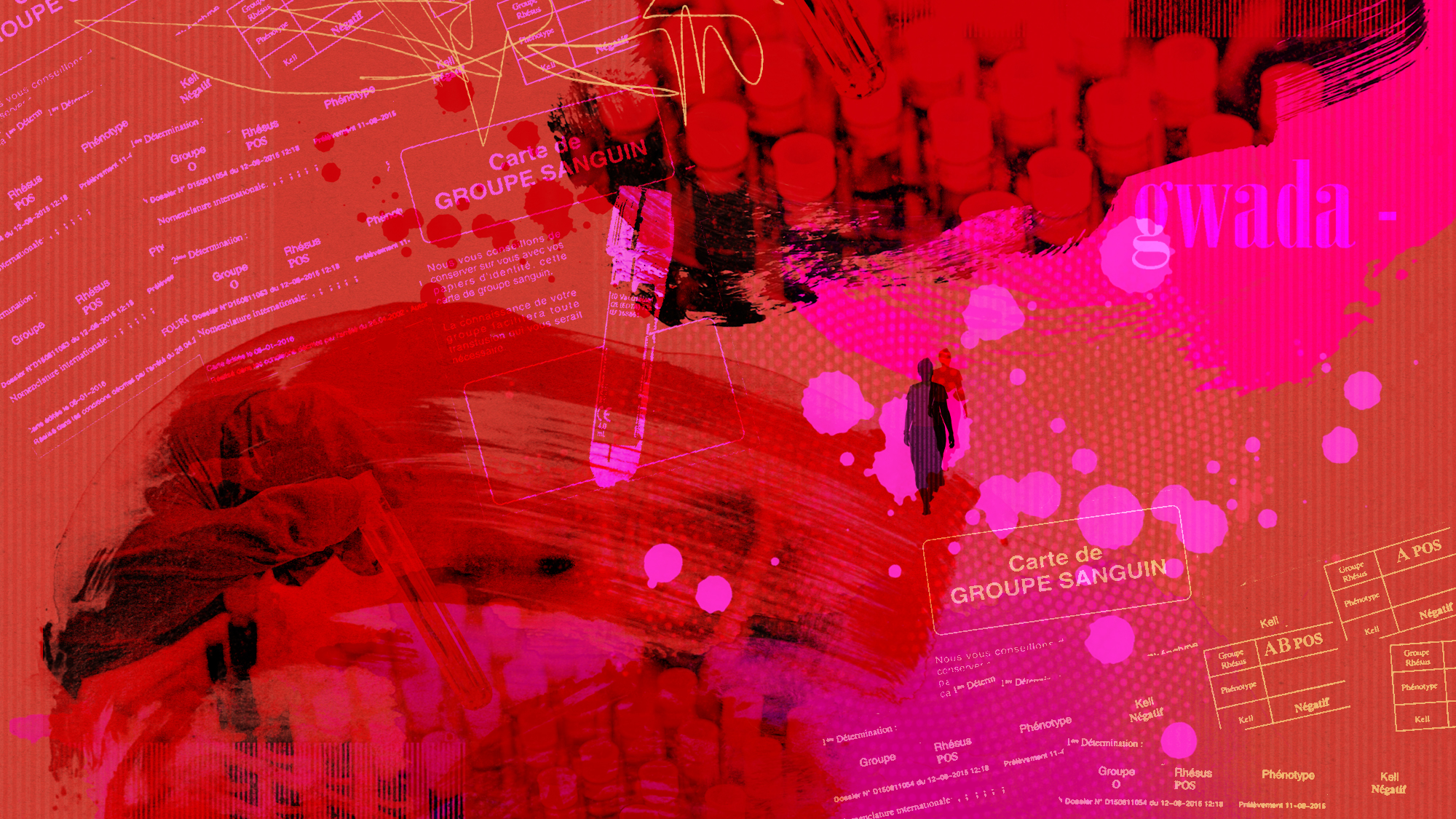
A free daily email with the biggest news stories of the day – and the best features from TheWeek.com
You are now subscribed
Your newsletter sign-up was successful
A rare new blood type has been discovered, so "step aside A, B and O – there's a new player in town", said Gizmodo.
So far, the "Gwada negative" blood type has been identified only in one person: a French woman from the Caribbean island group of Guadeloupe, who is "the only person in the world who is compatible with herself", said an expert.
Exciting discovery
The announcement of the new blood type has been the cause of much excitement in medical circles. The French Blood Establishment (EFS) said on LinkedIn: "The EFS has just discovered the 48th blood group system in the world!"
The Week
Escape your echo chamber. Get the facts behind the news, plus analysis from multiple perspectives.

Sign up for The Week's Free Newsletters
From our morning news briefing to a weekly Good News Newsletter, get the best of The Week delivered directly to your inbox.
From our morning news briefing to a weekly Good News Newsletter, get the best of The Week delivered directly to your inbox.
The type could have been discovered in 2011 when the woman, then 54, needed a blood transfusion but no compatible donor could be found, and limited resources meant research into her blood type was shelved.
Then, in 2019, experts were finally able to perform "high-throughput DNA sequencing" of her genetics, which revealed she possessed a unique blood-related mutation inherited from both her parents.
The discovery was officially recognised earlier this month in Milan by the International Society of Blood Transfusion. The blood type's name, Gwada negative, which refers to the patient's origins, and "sounds good in all languages", has been popular with the experts, said Thierry Peyrard, a medical biologist at the EFS.
The hunt is on
Blood types refer to the "particular combinations" of antigens that coat our red blood cells, said Gizmodo. The most common blood groups are O, A and B, but "scientists have discovered over 600 separate antigens that can be sorted into dozens of blood groups".
A free daily email with the biggest news stories of the day – and the best features from TheWeek.com
Categorising of blood groups is about more than "simple curiosity" – it is "medically vital". Understanding them is "critical" for ensuring safe and effective transfusions and organ transplants, as well as identifying certain health risks.
If you inject one person's blood into another person "sometimes it's fine" and "sometimes it's a death sentence", said the BBC. In 1667, the French physician Jean-Baptiste Denys discovered this when he successfully injected lamb's blood into a 15-year-old boy. However, his third transfusion patient died, and the practice was banned.
Blood types were first discovered and understood in 1900 and the knowledge quickly made a real-world impact. During the First World War, blood transfusions were "first performed on a large scale", said the Nobel Prize, writing on X, and "countless lives" were also "saved through surgeries", which had previously been "unfeasible" due to loss of blood.
"Thanks to DNA sequencing the discovery of new blood groups has accelerated" in recent times, said Le Monde, and the hunt is now on for other Gwada negative people, who can match with the first patient.
Chas Newkey-Burden has been part of The Week Digital team for more than a decade and a journalist for 25 years, starting out on the irreverent football weekly 90 Minutes, before moving to lifestyle magazines Loaded and Attitude. He was a columnist for The Big Issue and landed a world exclusive with David Beckham that became the weekly magazine’s bestselling issue. He now writes regularly for The Guardian, The Telegraph, The Independent, Metro, FourFourTwo and the i new site. He is also the author of a number of non-fiction books.
-
 Political cartoons for February 15
Political cartoons for February 15Cartoons Sunday's political cartoons include political ventriloquism, Europe in the middle, and more
-
 The broken water companies failing England and Wales
The broken water companies failing England and WalesExplainer With rising bills, deteriorating river health and a lack of investment, regulators face an uphill battle to stabilise the industry
-
 A thrilling foodie city in northern Japan
A thrilling foodie city in northern JapanThe Week Recommends The food scene here is ‘unspoilt’ and ‘fun’
-
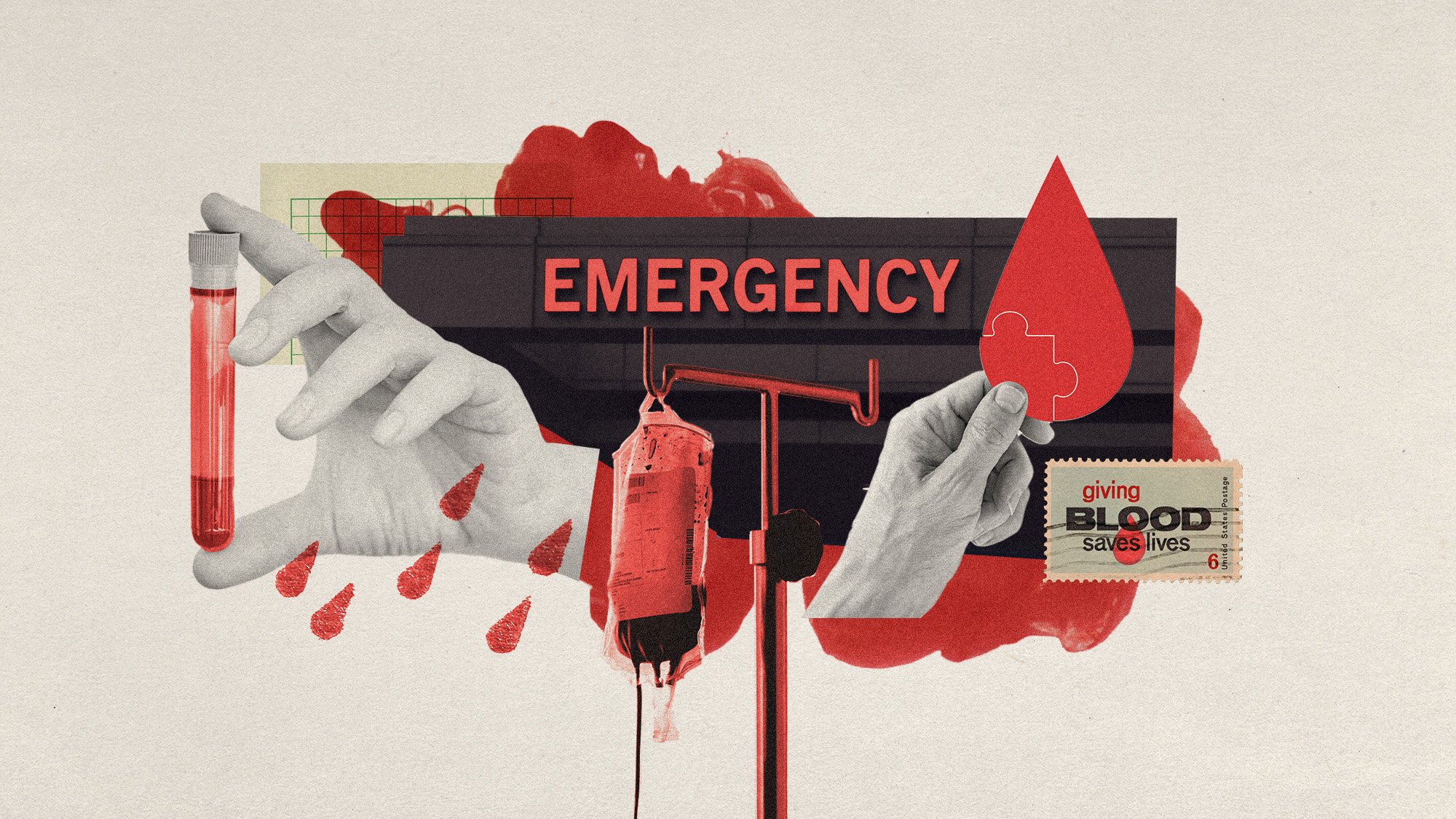 Scientists are developing artificial blood for use in emergencies
Scientists are developing artificial blood for use in emergenciesUnder the radar It could aid in global blood shortages
-
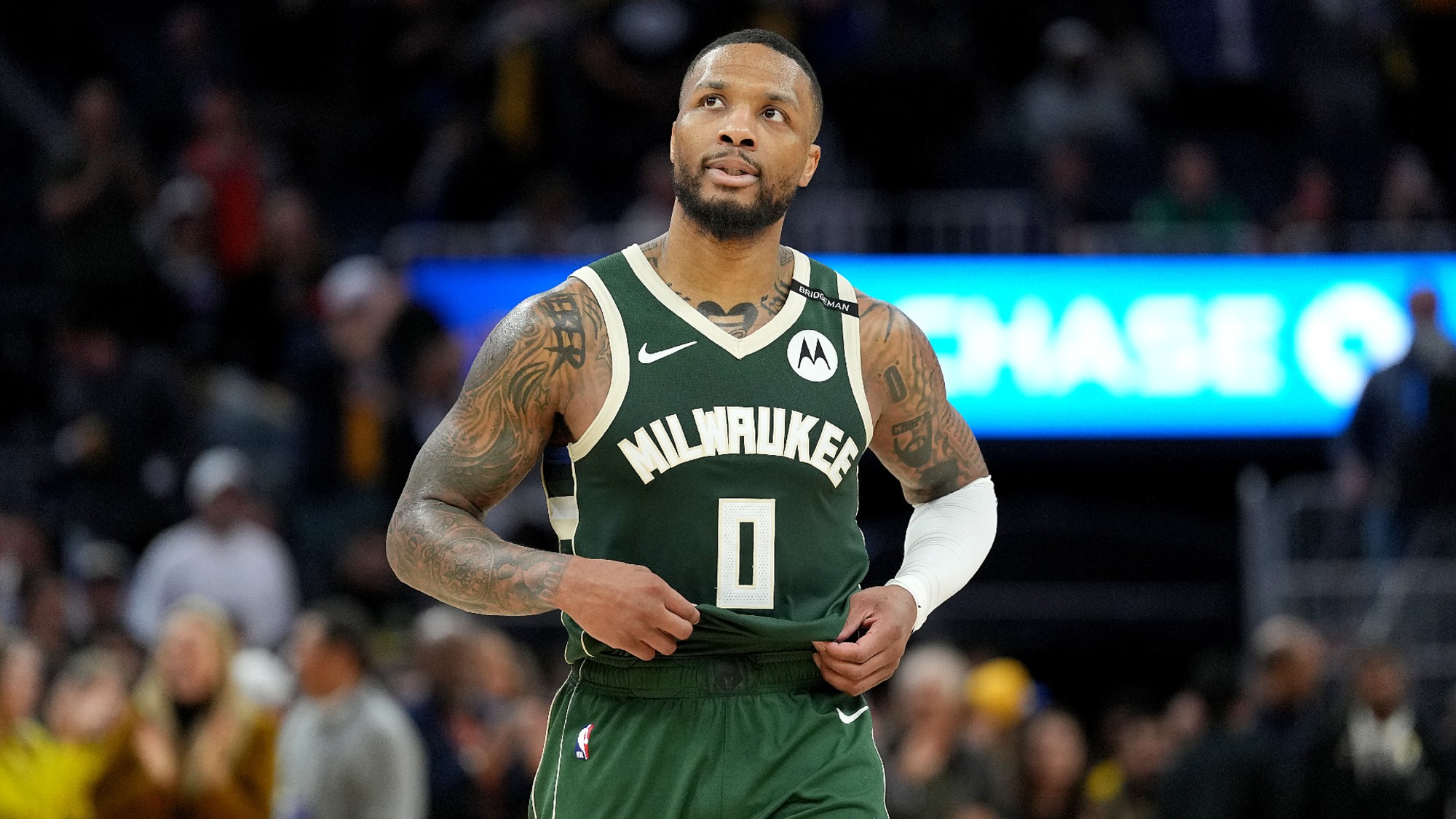 DVT: what to know about the blood clot plaguing NBA players
DVT: what to know about the blood clot plaguing NBA playersThe Explainer Multiple players have been diagnosed with deep vein thrombosis over the past few months
-
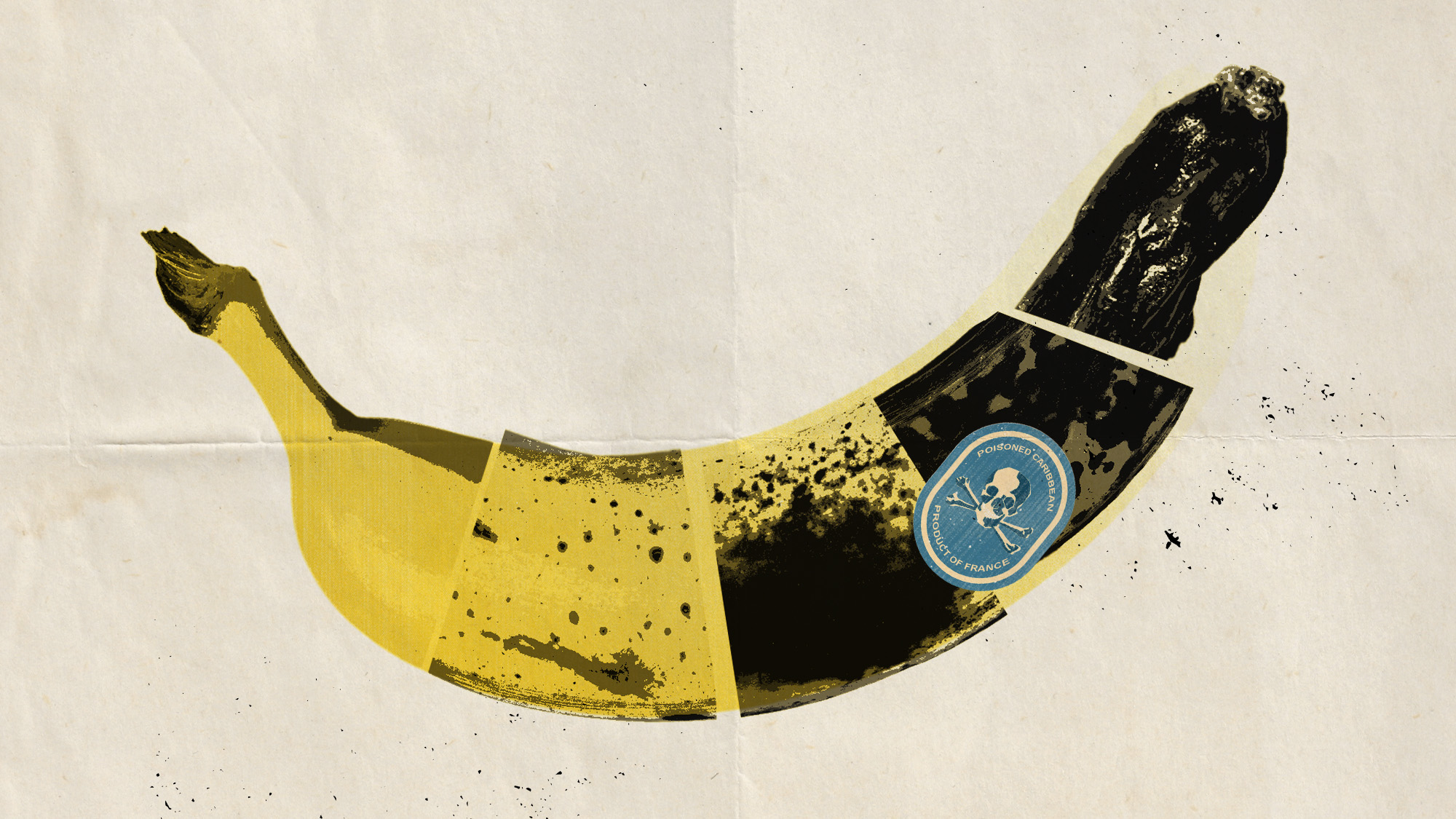 The banned pesticide poisoning Caribbean paradise
The banned pesticide poisoning Caribbean paradiseUnder the radar Martinique and Guadeloupe have been rocked by soaring cancer rates amid other diagnoses
-
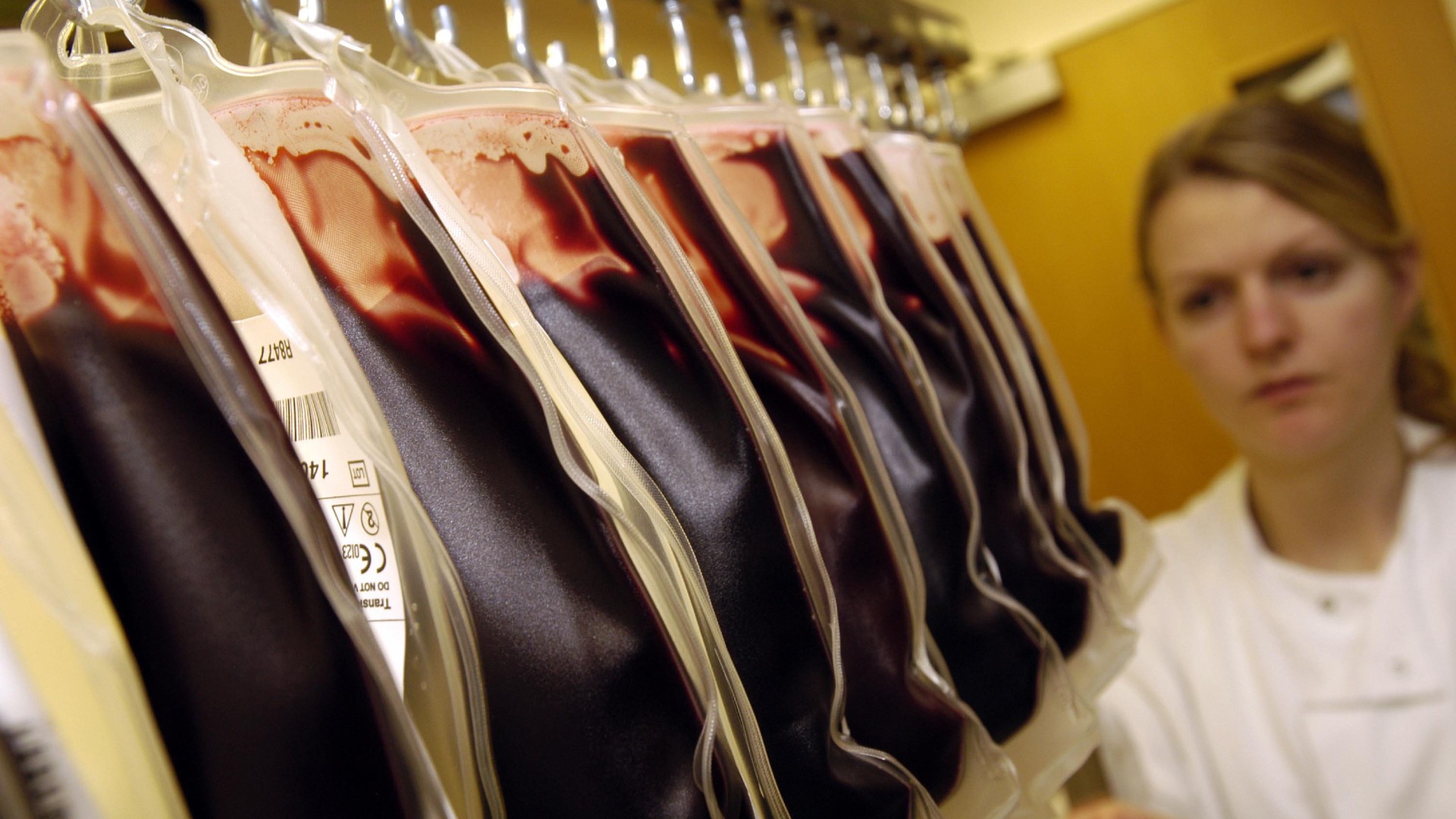 Should blood donors be paid?
Should blood donors be paid?The Explainer Financial rewards would help fill NHS shortfall but bring risk of contamination and exploitation, WHO warns
-
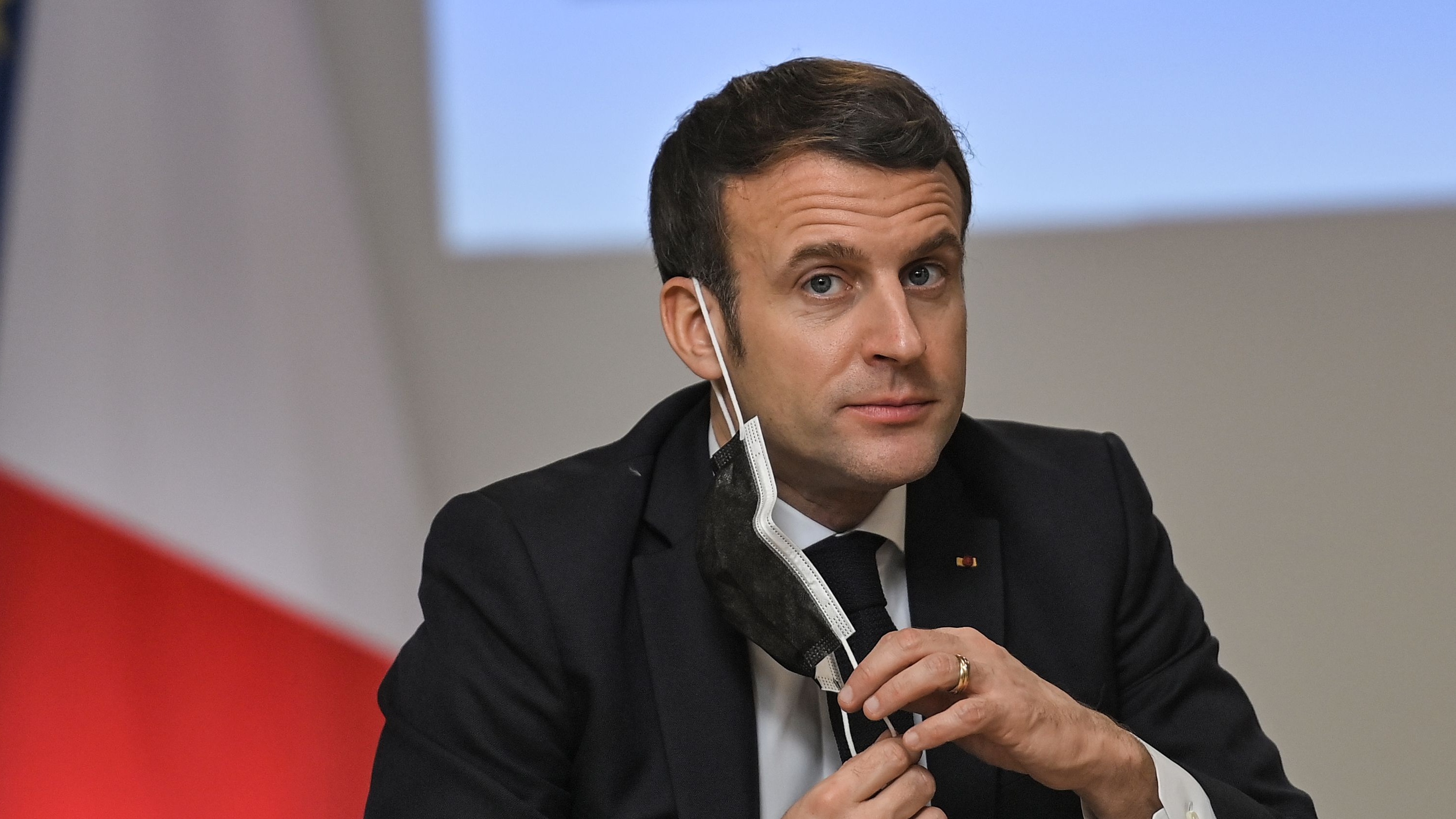 France’s Covid vaccine rollout flounders amid anti-vax backlash
France’s Covid vaccine rollout flounders amid anti-vax backlashUnder the Radar Just 516 people given Pfizer jab in first week of mass vaccination scheme as doctors face bureaucratic chaos
-
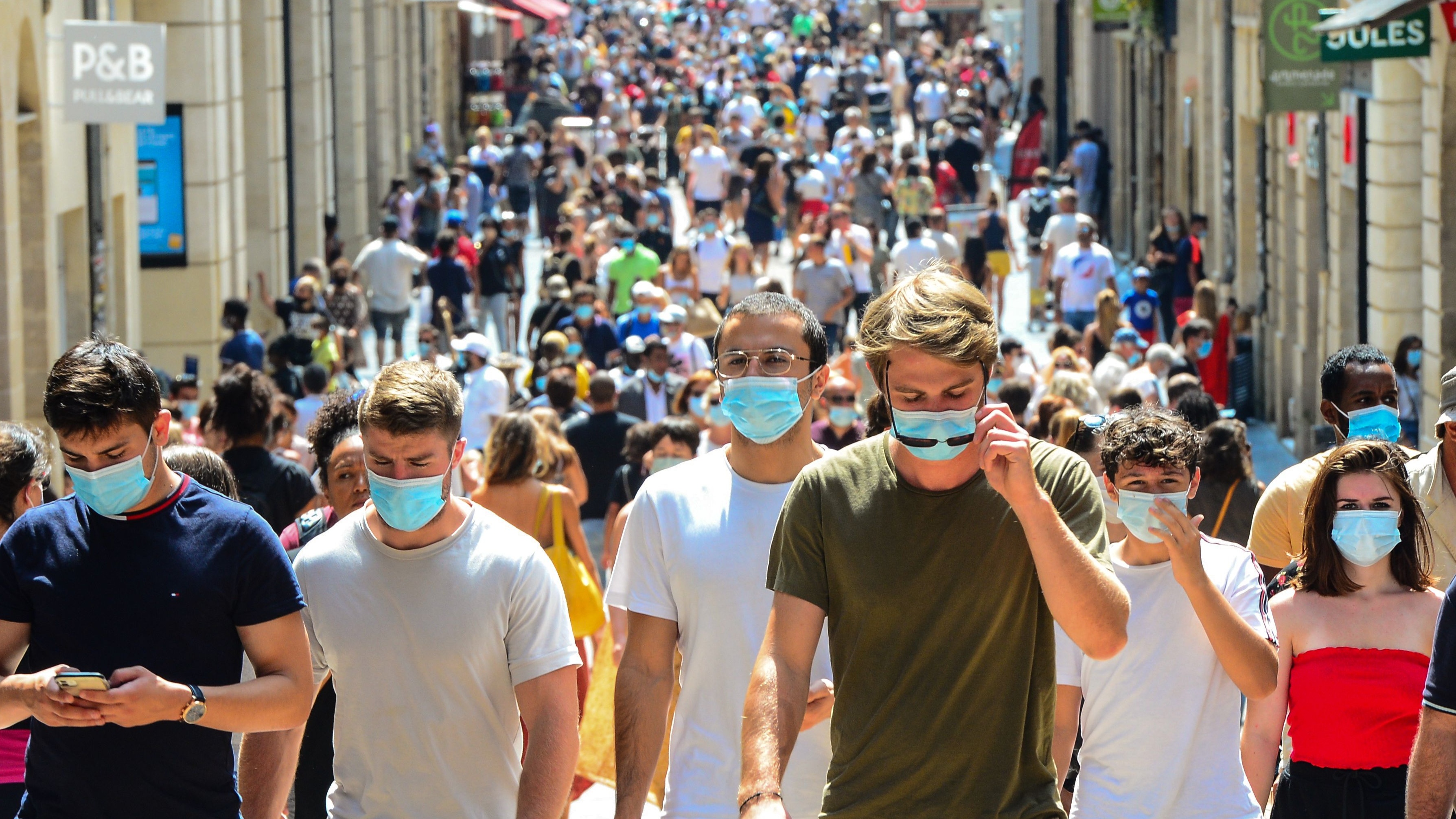 Coronavirus: how European countries are faring with second spikes of Covid-19
Coronavirus: how European countries are faring with second spikes of Covid-19In Depth Italy and Spain have recorded highest daily death tolls since spring
-
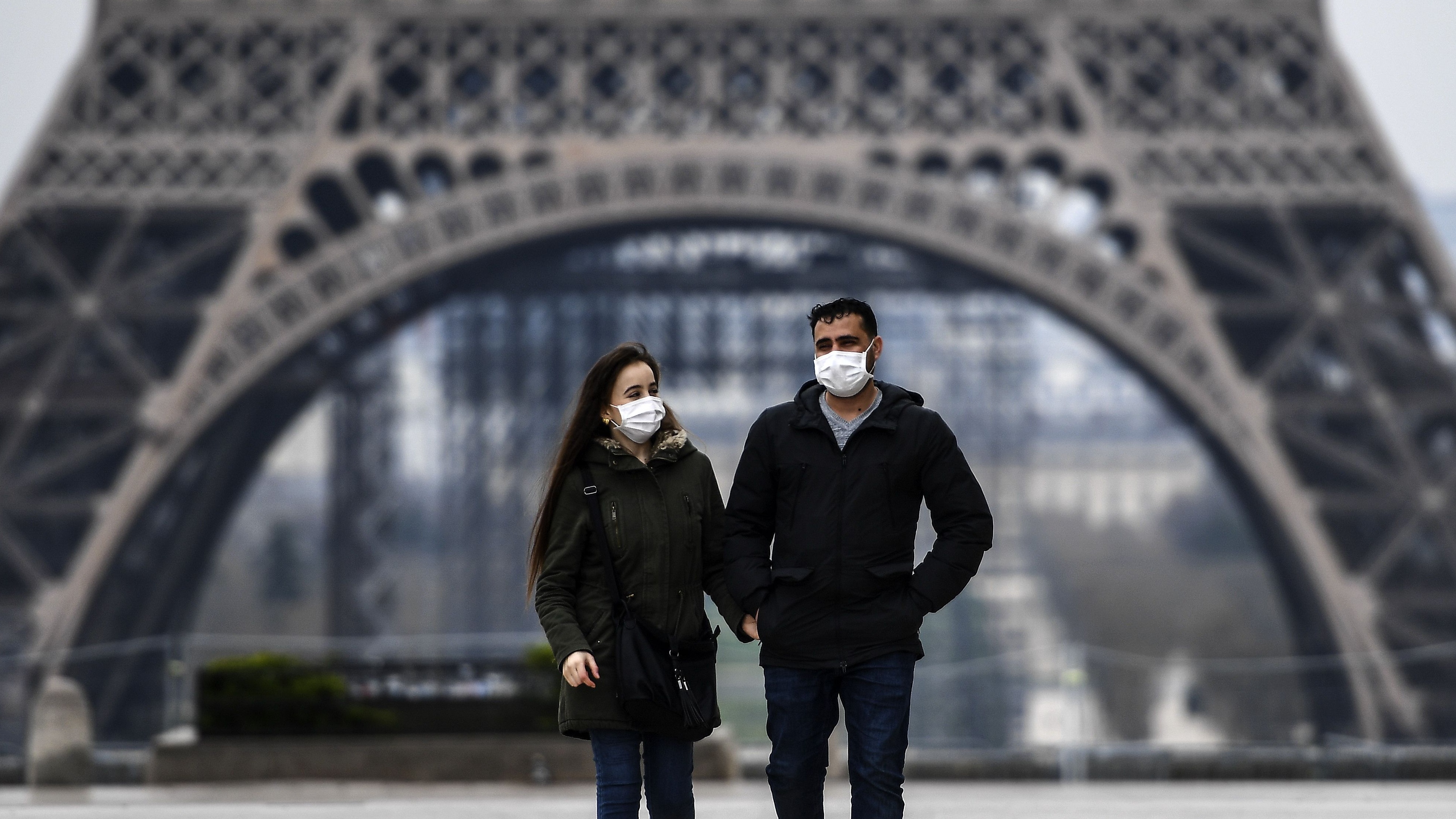 Did coronavirus reach Europe last year?
Did coronavirus reach Europe last year?Speed Read French doctor claims first infection emerged in December in patient who had not travelled to China
-
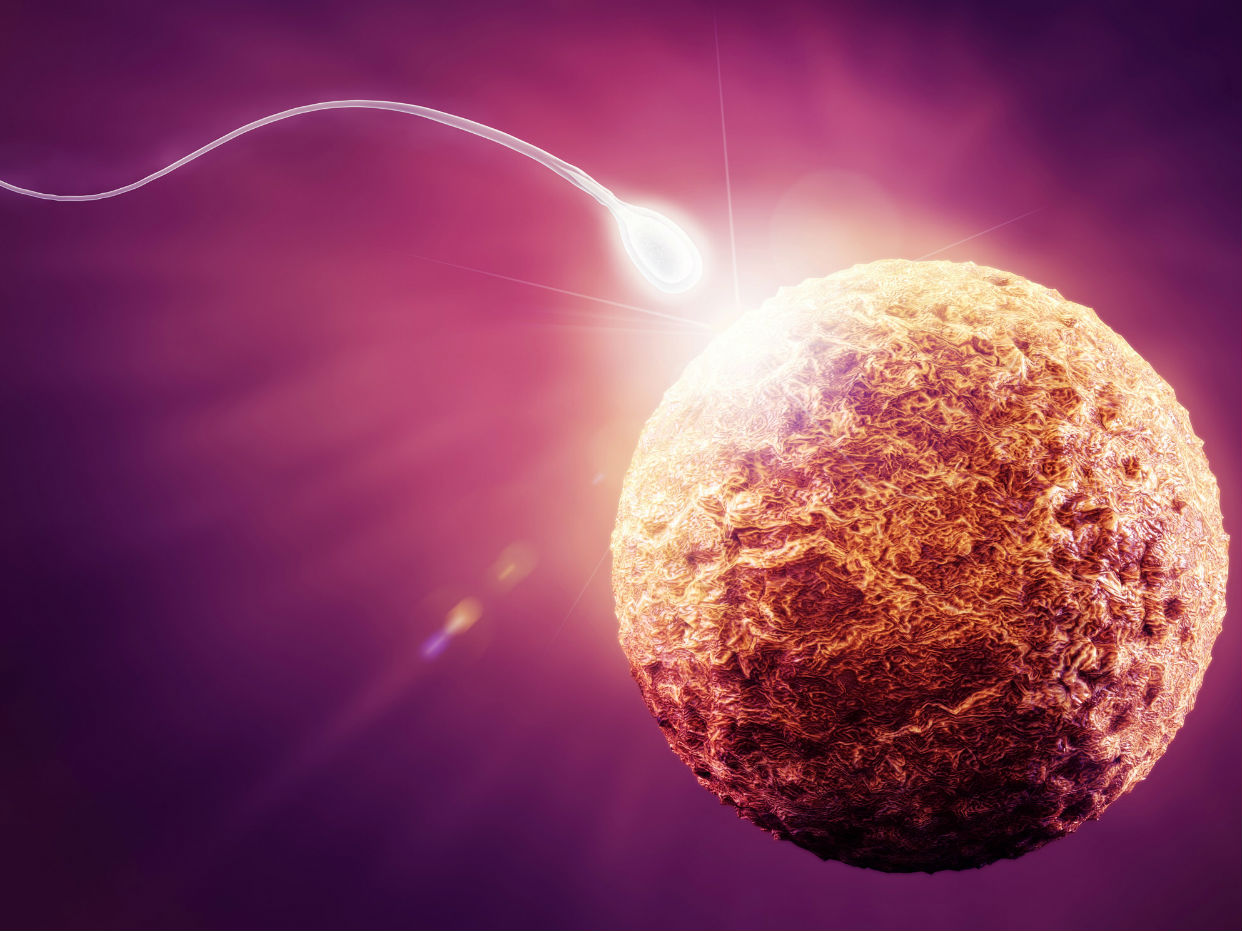 The Week Unwrapped podcast: French sperm, reparations and the Arctic
The Week Unwrapped podcast: French sperm, reparations and the ArcticIn Depth The Week Unwrapped podcast: French sperm, reparations and the Arctic